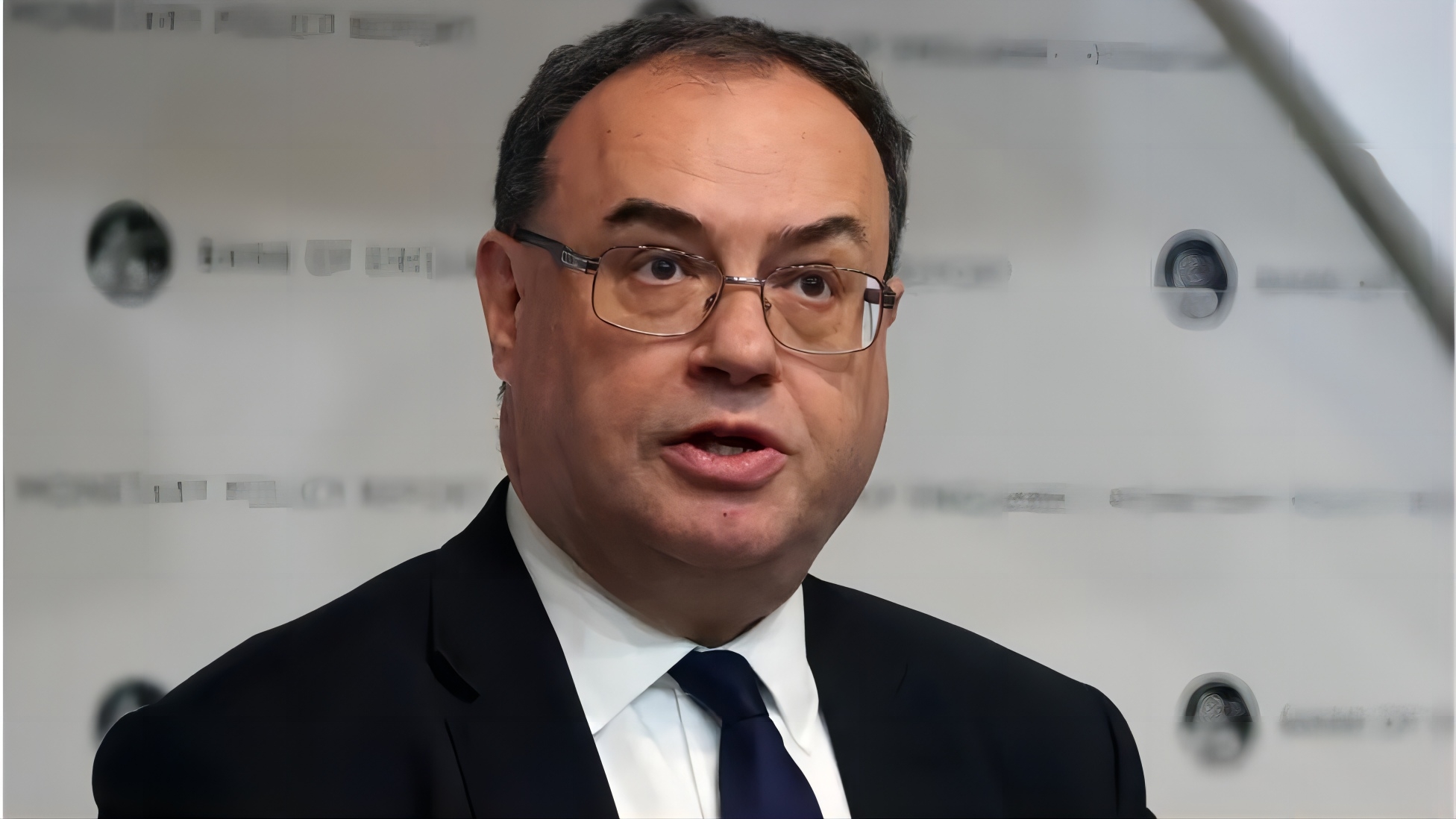
Bank of England boss Andrew Bailey has warned firms that raising prices risks allowing high inflation to persist and hurting the “least well off”.
“If all prices try to beat inflation we will get higher inflation,” Mr Bailey told Radio 4’s Today programme.
He warned interest rates would rise again if prices continued to increase.
Mr Bailey was speaking a day after the Bank raised interest rates to their highest level for 14 years after prices jumped unexpectedly last month.
Soaring inflation in the UK and around the world has been squeezing households’ finances as energy and food prices rise.
Cost of living pressures hit the least well-off hardest, because they spend a bigger part of their income on food and fuel.
The Bank has been steadily increasing interest rates as it seeks to make borrowing money more expensive and encourage people to spend less, with the aim of stopping prices rising so quickly.
But higher interest rates also hit some people with existing loans such as mortgages.
Mr Bailey said firms should bear in mind that the rate of inflation is likely to drop sharply this year.
He said he had not yet seen evidence of companies putting up prices more than necessary, and said that he understood they needed to “reflect the costs they face”.
But Mr Bailey warned firms that if high inflation became “embedded” in the UK economy, then the Bank would need to act,
“Higher inflation really benefits nobody,” he said. “It hurts people, and it particularly hurts the least well-off in society.”
Reacting to Mr Bailey’s warning, Martin Williams, chief executive of Rare Restaurants, which includes the chains Gaucho and M, said that businesses had already been restrained in raising prices.
“If restaurants had reflected the increased ‘costs they face’ in the past year as Mr Bailey suggests, a simple side salad would be priced at £20,” Mr Williams said, adding that beer would be £20 per pint, and a small steak would be £100.
He said restaurant owners had “responsibly tried to balance keeping pricing low, and keeping their businesses viable” while facing surging wage, food and energy bill costs.
Mr Bailey’s comments came after Tesco chairman John Allan, said in January food firms may be using inflation as an excuse to hike prices further than necessary.
Last year, Mr Bailey called on workers to not ask for big pay rises, sparking a backlash from unions.
The rate at which prices are rising remains close to its highest level for 40 years, hitting 10.4% in the year to February – more than five times the Bank of England’s target.
Higher food prices are one of the main drivers fuelling overall inflation, with the cost of everyday basics such as eggs, cheese and milk rising sharply.
Despite price rises, official figures showed that retail sales volumes rose by 1.2% in February, the biggest monthly gain since October last year.
Discount department stores had strong sales, and sales in food shops also rose.
However, there was some evidence of people spending less in pubs and restaurants due to cost of living pressures, the Office for National Statistics said.